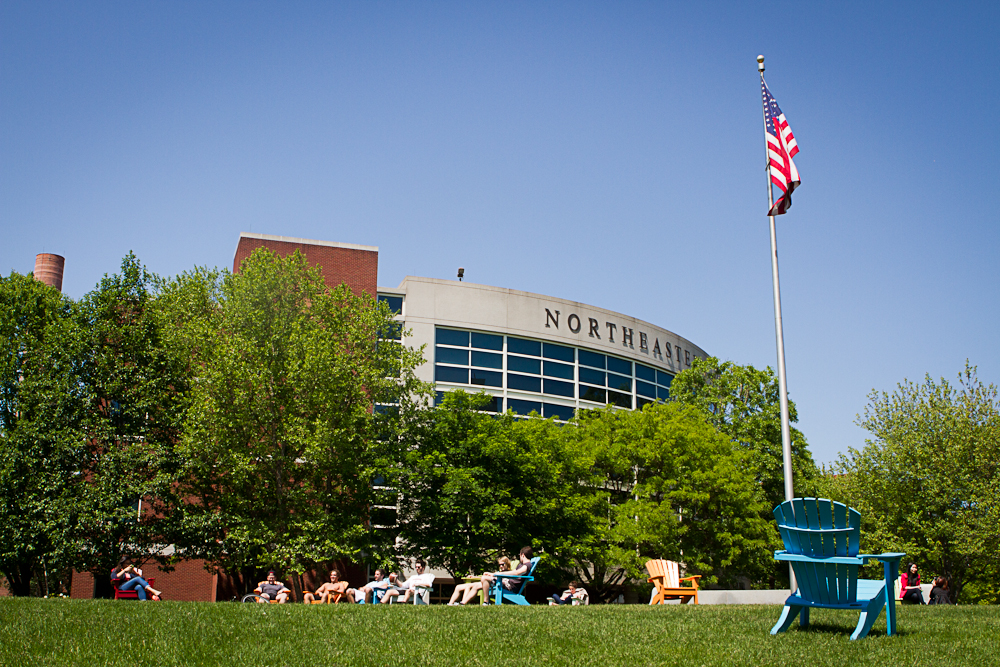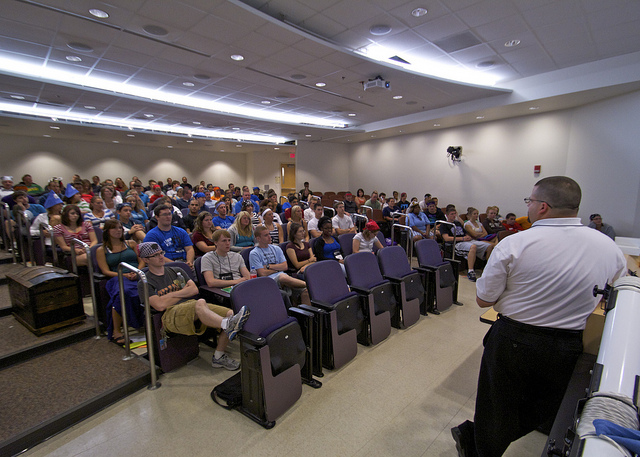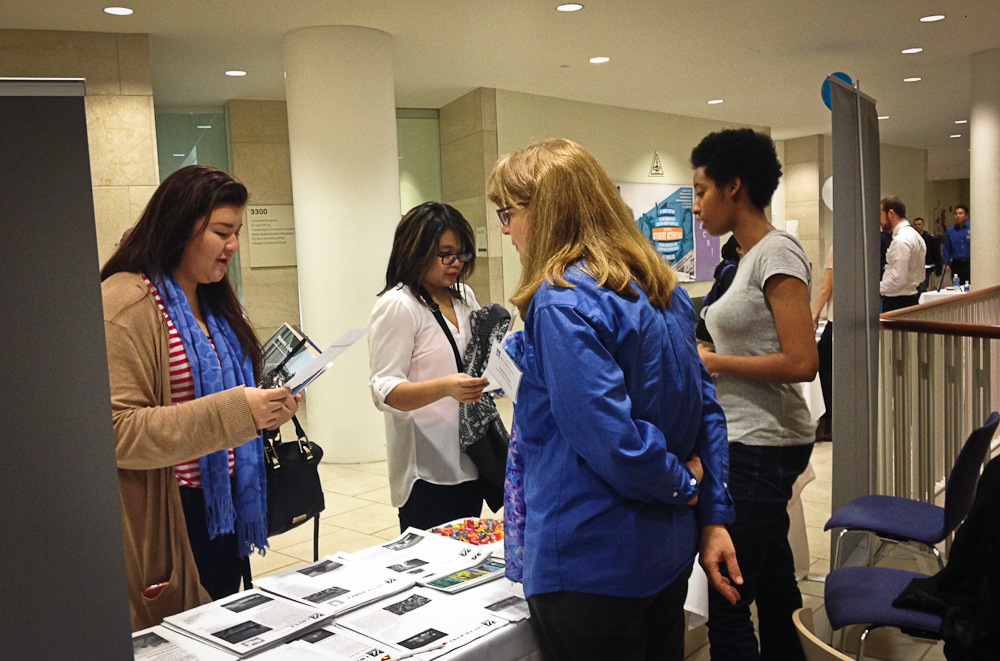increasing access and success

WGBH News is taking a look back with our series The Rewind. Each day we're listening to some of the top stories in 2014 in politics, science and higher education.
This year colleges and universities continued to face strong headwinds: rising costs, declining enrollment and pressure to address sexual assault on campus.
The president of the University of Massachusetts will be in Baltimore on Friday where he’ll accept his new job as the chancellor of the University of Maryland System. During his four-year tenure at UMass, Robert Caret helped the UMass system achieve some financial stability during very uncertain times. For public college presidents, fundraising has emerged as a full-time job.
Rolling Stone acknowledged Friday serious discrepancies in a story published last month about a brutal gang rape of a woman named Jackie at the University of Virginia. Editors had said they decided to honor Jackie's request not to contact the man she claimed coordinated her attack for fear of retaliation. In a letter to their readers, they admitted that was a mistake.
The cost of college continues to outpace median family income, and at the White House Thursday hundreds of college presidents met with President Obama to discuss how they can make getting a college degree easier and more affordable.
Pam Eddinger is president of Bunker Hill Community College, and this was her third visit to the White House. She says the third time is a charm, and Bunker Hill is committed to enrolling and graduating more students by making sure they're prepared for college-level coursework.

Nearly 90 colleges and universities are now under formal investigation for allegedly mishandling sexual assault cases on campus. Many aspects of the reporting process - and what happens afterward - are now under review, including whose responsibility it is to report cases of sexual assault. Many colleges put resident assistants, who live in dorms, squarely in the middle of the issue.

Employers today want workers who are prepared to work in a global economy. One way students are gaining that exposure is by studying abroad. Today more than 289,000 American students go overseas during college. Still, that's just 10 percent of all students. Now, there’s a national push to make studying abroad more affordable and accessible.











